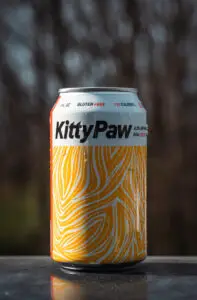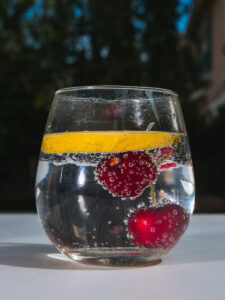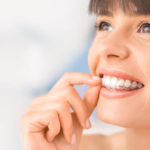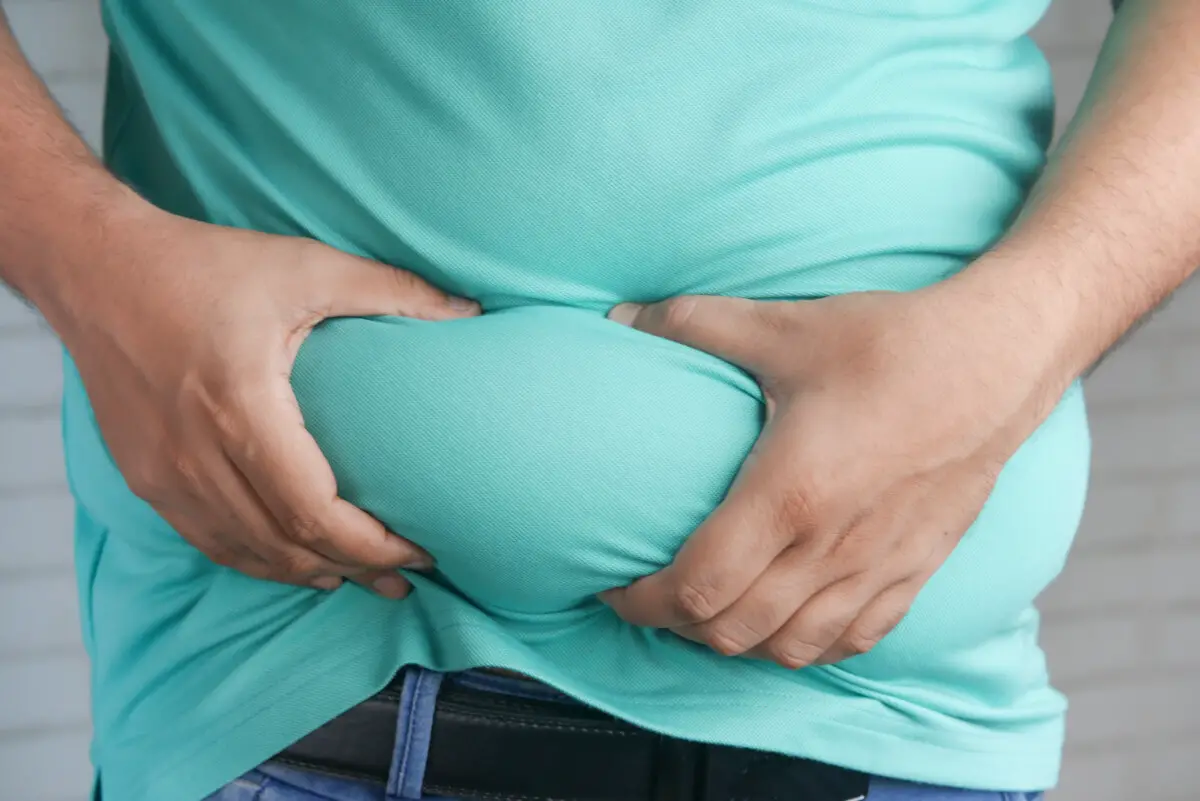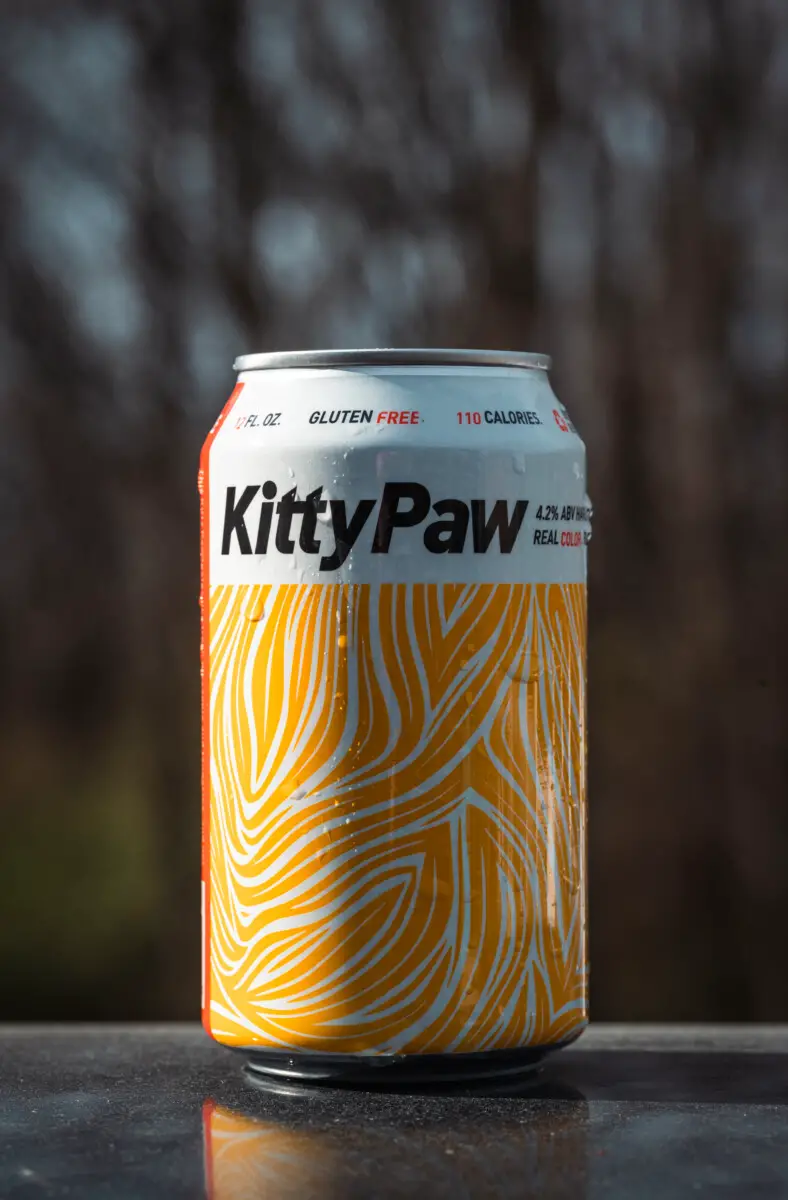Amazon Affiliate Disclaimer
As an affiliate, we earn from qualifying purchases. We get commissions for purchases made through links in this post.
Does Carbonated Water Hurt Your Teeth?
Do you want something to replace soda that’s better for your teeth and has no added sugar? If this is the case, then you should have a solid understanding of carbonated water’s effects on your teeth.
Sparkling water that is free of sugar and other sweeteners is generally considered to be safe to consume. But in terms of acidity, sparkling water is very similar to soda. But can our teeth withstand the acidic effects associated with carbonated water?
Can Drinking Carbonated Water Harm Your Teeth?
Does drinking carbonated water cause tooth decay? Carbonated water may harm your teeth, but this only holds if you routinely drink it, unlike still water. Because of its slightly lower pH, carbonated water is less likely to erode tooth enamel than other acidic drinks like juice and soda.
Carbonic acid in sparkling water can harm teeth if consumed daily or weekly at high volumes, as is the case with seltzer water. If you drink a lot of seltzer water instead of plain water, the acidity of your mouth will be lower than it would be if you drank water. This can lead to the gradual erosion of your tooth enamel.
The acidity levels typically found in beverages such as coffee, juice, and soda tend to be pretty high. The pH of regular tap water is higher than that of carbonated water that has not been flavored or sweetened. The more significant the drop in pH, the more acidic a beverage is, and the more likely it is to cause tooth decay when consumed regularly.
Carbonic acid is created when carbon dioxide is added to a liquid. On its own, this is unlikely to cause severe damage to the teeth in most cases. However, sodium citrate, phosphate, or sodium bicarbonate, for instance, might be added to club soda, making the drink more able to cause tooth cavities.
Tonic water can have sugar, artificial sweeteners, and other flavors added to it in addition to different flavors. Any one of these components has the potential to alter the acidity of the beverage, increasing the likelihood that tooth decay will occur.
Is Carbonated Water High In Acidity?
The pH of carbonated water is lower than that of plain water, making it slightly more acidic. On the other hand, its pH of 2.4 isn’t “as bad” as other soda or pop types. Depending on the brand, the average pH of Seltzer water can range from about 3 to 4.5 or higher. The pH range of our mouths is between 6-7, while the pH range of tap water is 6.5-8. Hence it’s best to drink water, but seltzer water isn’t nearly as bad for your teeth as regular soda.
The pH scale has a neutral range of 6-8, with values below 4 being highly erosive and leading to demineralization. The acidity level of plain tap water, for instance, is around 7, making it neutral and safe for your teeth.
How Can Acidic Drinks Hurt Your Teeth?
These days, the acidity of most drinks is a significant problem. Drinking beverages with a low pH level can damage teeth in several ways, but the most severe effect is permanent enamel loss.
There are four dental tissues, each corresponding to a different part of a tooth’s cusp. Hard tissues include dentin, cementum, and enamel. There is also the pulp, which is a soft tissue.
The enamel is particularly vulnerable to acidic foods and beverages. Enamel is a calcified, hard tissue that covers the dentin and safeguards the tooth’s crown. Because it lacks living cells, tooth enamel cannot heal itself from the effects of acidic beverages, decay, or even normal wear and tear.
When enamel wears away, the dentin beneath it is exposed to whatever you consume. When dentin is exposed, it makes teeth appear discolored and yellow and extremely sensitive. With this kind of sensitivity, you will feel pain from anything you consume, whether it be hot, cold, sweet, acidic, or spicy.
How Can I Tell Whether My Enamel Is Damaged?
Some early indicators of tooth decay include:
- Sensitivity: Pain or discomfort is experienced after consuming hot or cold foods or beverages.
- Changes in tooth color, typically to a darker shade of yellow, brown, or gray
- Changes to your teeth or gums that are concerning.
Tips For Enjoying Carbonated Water And Protecting Teeth
Instead of drinking something sugary, try drinking some carbonated water instead. Be sure to guzzle plenty of plain, fluoridated water, as this is the healthiest thing you can put in your body and most directly benefits your teeth.
Fluoride-fortified water can help prevent tooth decay by rehydrating a dry mouth, washing away the leftover food that cavity-causing bacteria thrive on, and reducing the risk of dental caries (which can put you at a higher risk of cavities).
Think about the source of your carbonated water. Acidity levels in citrus-flavored waters are typically higher, which can lead to tooth enamel erosion. If you have to take this, you should consume it all at once or with a meal. This will prevent you from drinking it all day long and subjecting your teeth to the slightly higher acidity level it has.
Brands of sparkling water that include sugar in their ingredients are no longer “just” carbonated water. They are sugary drinks that may increase tooth decay. Always opt for plain water over anything else, whether it is sparkling or not.
Conclusion
Even though drinking carbonated water, mainly flavored varieties, can cause tooth enamel erosion, drinking soda or other sugary drinks is still better for your teeth. It would appear that carbonation by itself does not damage the teeth in any way. On the other hand, other additives can speed up the demineralization process in teeth.
Drinking plain water or making your bubbly water at home without adding additives is the best thing you can do for your teeth unless you want to test the pH of all your favorite beverages using pH testing sheets.
Read also:
- Embracing the Essence: Discovering Natural Mineral Water Sources

- Nourishing the Soul: Mineral Water for Enhanced Digestive Wellness

- Sparkling Mineral Water: Effervescence for the Soul

- Revitalize Your Day: 7 Tips for a Refreshing Hydration Experience with Mineral Water

- Mineral Water Benefits: Exploring the Health Benefits of Drinking Mineral Water

- How to Choose the Healthy Drinks with Mineral Water: Refreshing and Nourishing Options

Please be careful and use at your own risk
None of the authors, contributors, administrators, or anyone else connected with Water Exotic, in any way whatsoever, can be responsible for your use of the information contained in or linked from these web pages.



